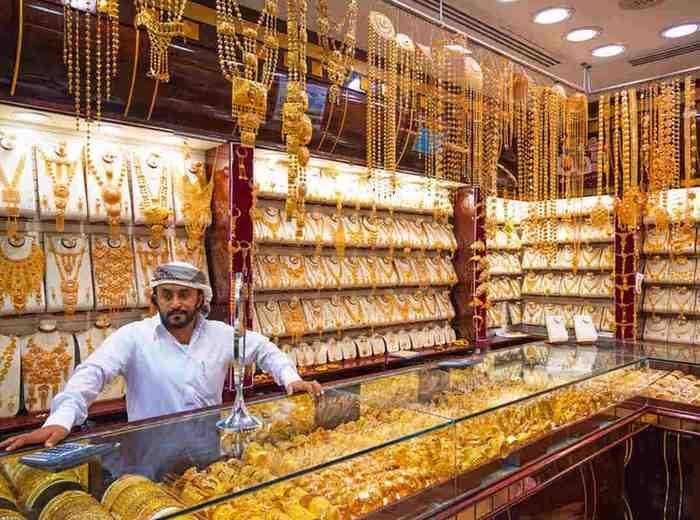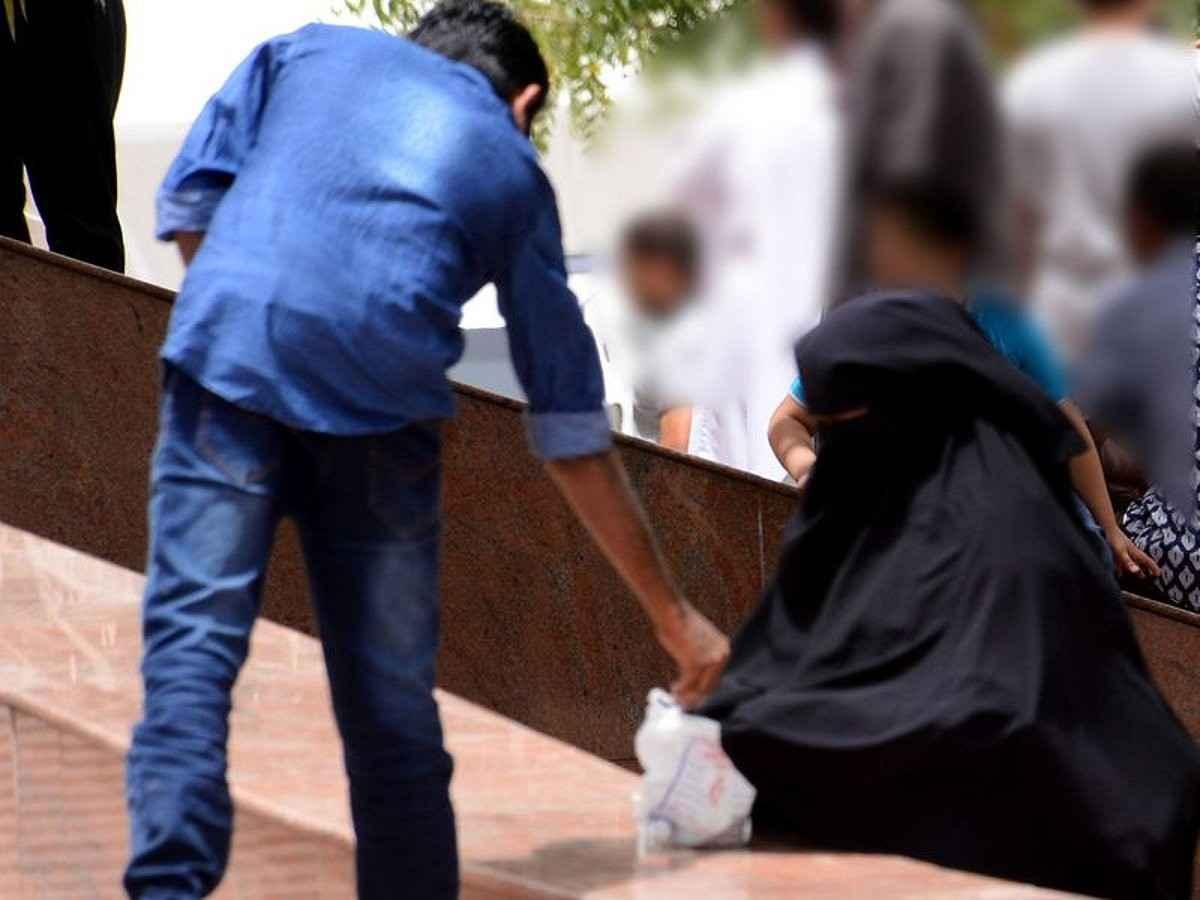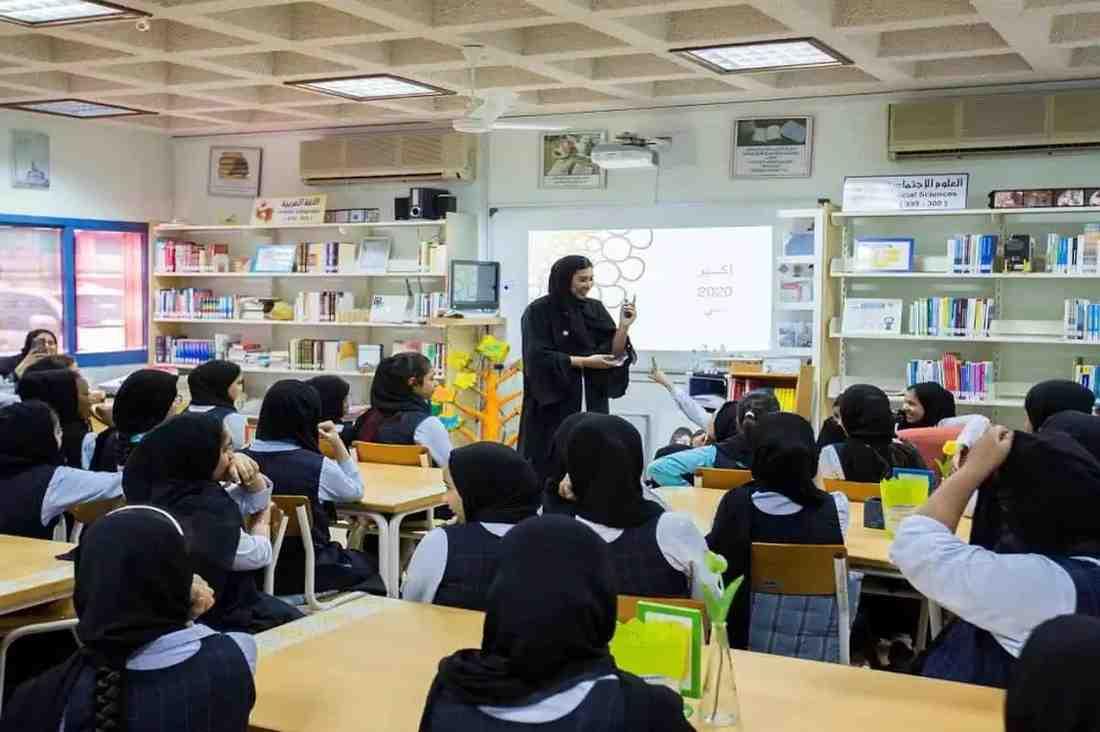How Dubai Became the World's Second-Largest Gold Hub Without Mining a Single Ounce
Dubai has achieved a remarkable feat in the global commodities market: it has become the world's second-largest gold trading hub, trailing only behind major centers like Switzerland, despite having no domestic gold mines. This position is built not on extraction, but on a sophisticated network of imports, refining, and re-exports that capitalizes on its strategic geography and business-friendly policies.
Africa's Gold: The Primary Source for Dubai's Market
The lifeblood of Dubai's gold trade flows from the mining regions of Africa. Major gold-producing nations including Mali, Ghana, Guinea, and Sudan export vast quantities of raw and artisanal gold to the emirate. Dubai's role as a conduit between African producers and Asian consumers is a key driver of its market dominance. This supply chain is bolstered by additional refined and semi-refined gold imported from countries like Turkey and Switzerland, which often act as bridges for gold from other regions, including Russia.
The Dubai Gold Advantage: Why the World Trades Here
Several critical factors explain Dubai's meteoric rise in the gold trade:
- Strategic Geography: Perfectly positioned between gold-rich Africa and gold-hungry markets in India and China, Dubai is a natural logistical crossroads.
- Business-Friendly Environment: The emirate offers a compelling package of low taxes, minimal import duties for precious metals, and a free-trade-oriented economic system that attracts global traders.
- World-Class Infrastructure: Key facilities like the Jebel Ali Free Zone, high-security vaults, and advanced refineries enable the efficient handling, processing, and storage of massive gold volumes.
From Raw Material to Global Export: The Dubai Gold Process
Upon arrival in Dubai, the gold undergoes a transformation. It is frequently refined to meet international purity standards, cast into new bars, or crafted into jewellery. This value-added processing is a core part of the business model. The refined gold is then re-exported to major markets worldwide, with significant volumes heading to India, Switzerland, the United Kingdom, Hong Kong, and Turkey. This process solidifies Dubai's role not just as a trader, but as a critical processor in the global gold supply chain.
Scale, Scrutiny, and the Road Ahead
The scale of Dubai's gold trade is immense. In 2023, it officially overtook the United Kingdom to claim the number two global spot, with millions of tonnes of gold passing through its ecosystem annually.
However, this success comes with increased scrutiny. Investigations by NGOs and international bodies have repeatedly raised concerns about transparency and ethical sourcing, particularly regarding artisanal gold from conflict-affected areas in Africa. This has placed pressure on the industry to enhance due diligence and implement more robust traceability measures to ensure the gold entering the market is responsibly sourced.
Also Read: Dubai to Launch First 'Hewi' Community Space on Jan 1, 2026, Reviving Traditional Courtyard Culture
Conclusion: A Gold Crossroads, Not a Mine
In summary, Dubai's status as a global gold powerhouse is a testament to its strategic vision. It has masterfully positioned itself as the world's gold crossroads, leveraging its location, logistics, and liberal economic policies to connect supply with demand. While this model offers immense economic opportunity, its future stability will depend on balancing this growth with strengthened regulatory frameworks to address the complex challenges of a globalized precious metals market.




